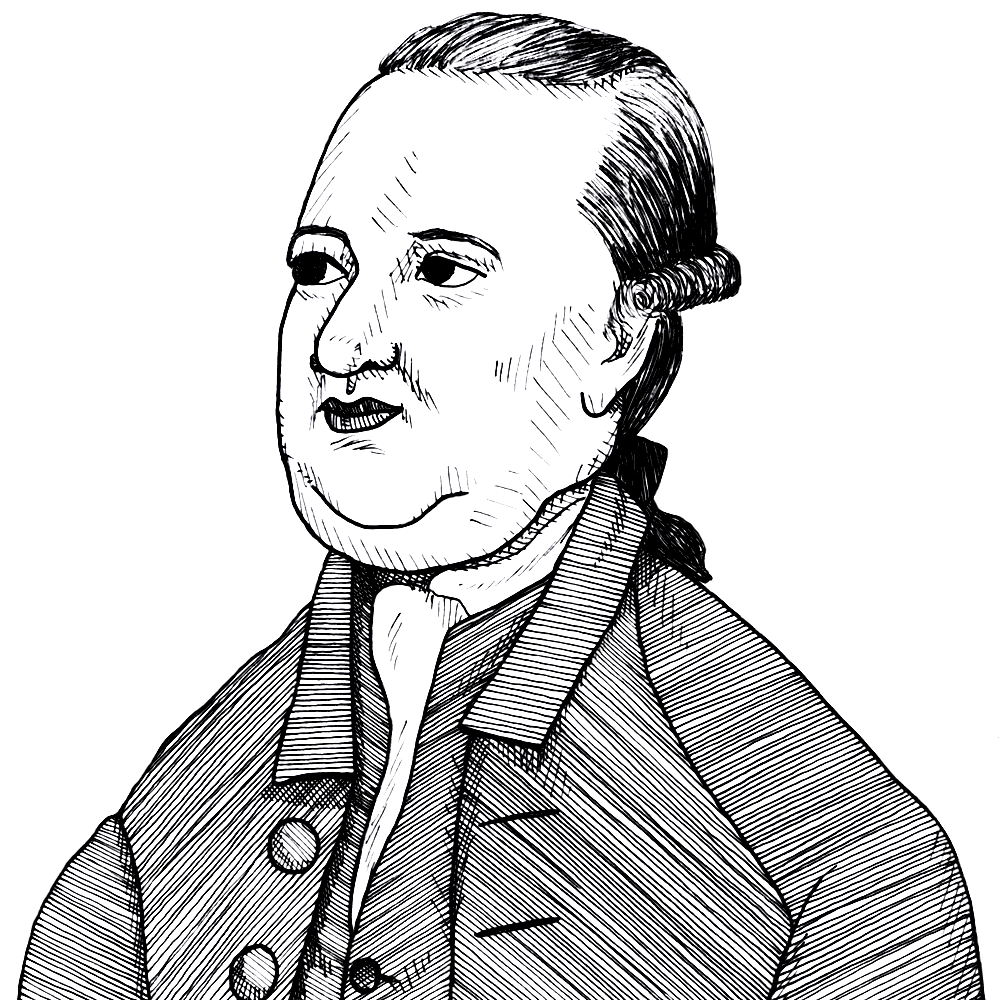
Edward Gibbon gloomily observed that in a unified empire like the Roman there was nowhere to escape, whereas with a multiplicity of states there were always gaps and interstices to hide in (1776)
Found in: The History of the Decline and Fall of the Roman Empire, vol. 1
Edward Gibbon, in the Decline and Fall of the Roman Empire (1776), describes the dangers of a unified Empire, in comparison to a Europe divided into a number of independent states, where the opponent of tyranny has nowhere to escape:
Presidents, Kings, Tyrants, & Despots
The slave of Imperial despotism, whether he was condemned to drag his gilded chain in Rome and the senate, or to wear out a life of exile on the barren rock of Seriphus, or the frozen banks of the Danube, expected his fate in silent despair. To resist was fatal, and it was impossible to fly. On every side he was encompassed with a vast extent of sea and land, which he could never hope to traverse without being discovered, seized, and restored to his irritated master.